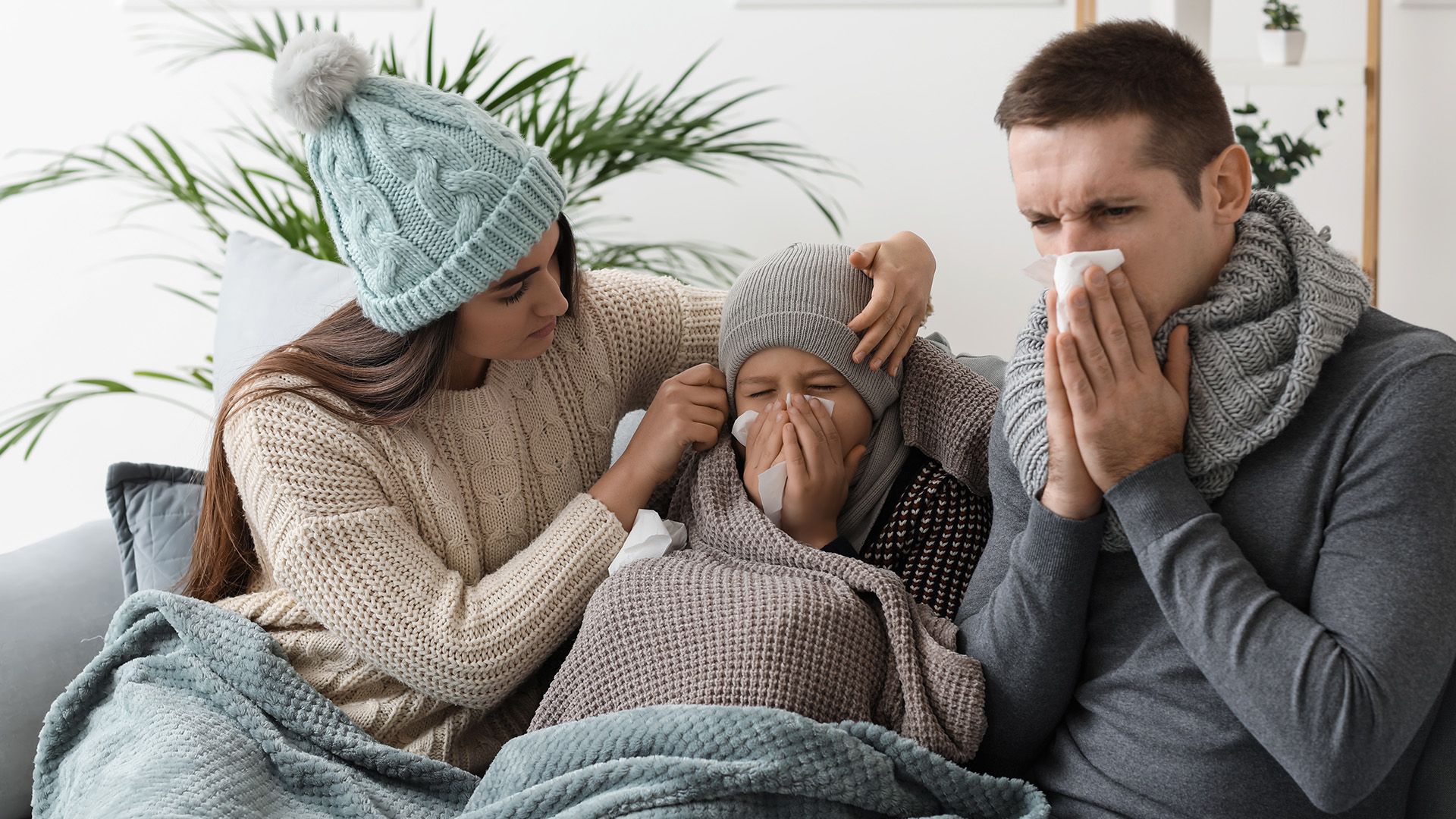Stop the spread of colds and flu
Good hygiene habits provide defence against illnesses
It is that time of year when everyone around us is sniffling, coughing, and generally just feeling ‘under the weather’ with seasonal ailments.
“While this is to be expected, particularly as the weather cools down, it is worth remembering that influenza can be dangerous for some people and can easily spiral out of control if you don’t take care of yourself,” cautions Dr Peter Makhambeni, chief clinician of the National HealthCare Group, administrators of MediClub Connect ™.
“While most people recover within a week without requiring medical attention, influenza is not to be underestimated as it can lead to severe illness, hospitalisation, and death, especially in older adults, infants, pregnant women, overweight individuals, and individuals with chronic medical conditions,” he adds.

Dr Peter Makhambeni
Preventing colds and flu
“Looking back on the COVID-19 lockdown of 2020, it is interesting to note that South Africa had no flu season. The very practices that protected us from COVID-19, like hand sanitation, wearing masks, and social distancing, also proved to be powerful allies against the spread of the flu.
“So, if anything, COVID taught us a valuable lesson: strict hygiene and maintaining our distance when sick can be our strongest defences against the spread of illness. By maintaining these good habits, we can help to contain not just COVID, but other infectious illnesses too, including colds and the flu.
Tips for preventing the spread of infectious diseases
- Wash hands regularly
- Sanitise hands
- At work sanitise workstations
- When experiencing symptoms, protect co-workers from infection by keeping safe distances and wearing face masks when interacting with colleagues.
- For those who can, work from home for as long as you have symptoms.
“Also, the flu vaccine is one of the best ways to protect yourself from the current flu strains doing the rounds. If you get infected with influenza, your symptoms will be much milder than if you were not vaccinated. So, if you have not yet gotten the flu vaccine, do so as soon as possible as it takes a good two weeks to build immunity,” he adds.
Is it a cold, or is it the flu?
According to Dr Makhambeni, most people do not distinguish between the common cold and influenza, or the flu, as it is often referred to. Understanding the difference is crucial, as treatment and general care differ.
“There are several strains of the flu, which is caused by the influenza virus and is spread through the air when people cough or sneeze. One can also get the virus from touching something that has the virus on it and then touching one’s mouth, nose, or eyes,” he notes.
The symptoms of flu include fever, feeling feverish/chills, a cough, sore throat, runny or stuffy nose, muscle or body aches, headache, and tiredness.
According to the National Institute of Communicable Diseases (NICD), the 2024 flu season came early, and in the past couple of weeks, South Africa has already seen a significant rise in influenza cases. One of the strains, the H1N1 variant – which some people refer to as ‘swine flu’ – is particularly prevalent. While COVID-19 is no longer the threat it was in 2020 and 2021, it is essential to remember that it has not gone away.
The symptoms of the common cold are usually milder than those of the flu. Most people experience only a runny or stuffy nose, provided that a secondary infection does not complicate their condition. The common cold can be caused by over 200 viruses, with Rhinoviruses being the most common cause.
Colds and flu are more common during the colder months, as viruses survive much better in cold weather. In addition, people tend to spend much more time indoors and huddle close to one another because of the cold weather. If one of the people in the room has a virus, it can spread to others quickly.
Treatment for colds and flu
“As doctors, we are often asked by patients to prescribe antibiotics. However, because viruses cause colds and flu, it is important to remember that antibiotics, designed to treat bacterial infections, are ineffective in treating colds and flu.
“Colds and flu are best treated symptomatically, and if you get the flu, it is important, first and foremost, to get ample bed rest and drink more fluids,” suggests Dr Makhambeni.
“Contact your healthcare practitioner, especially if you have a chronic condition, if your symptoms worsen, or if you are not feeling better with rest in a few days.”
MediClub Connect ™ believes in empowering members with the knowledge and tools to protect their health. That's why our plans provide interactive access to doctors and nurses on WhatsApp and physical consultations on referral. By staying connected with healthcare professionals and maintaining good hygiene habits, you can keep yourself and your loved ones safe from colds, flu, and more.













